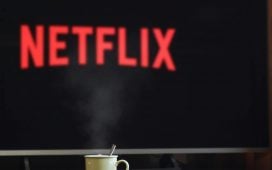Let’s wait till the situation stabilises. Are movies releasing? Is occupancy reduced? No one goes to the cinema… or even ventures out of their homes. Are cinemas even open?
Welcome to being a salesperson at Motivate Val Morgan and facing the opening salvos while trying to pitch for cinema advertising currently.
Bah!
Cinemas across the GCC have already welcomed more than 5 million customers in 2021. The reality is that audiences are continuing to patronise cinema. Content released in cinema has evolved to be more diverse. A country in our portfolio is presently even adding several screens and hosting more admissions than in 2019.
It is no secret, though, that with two seats behind, i
To continue reading this article you need to be registered with Campaign. Registration is free and only takes a minute. Register Now or sign in below if you already have an account.









